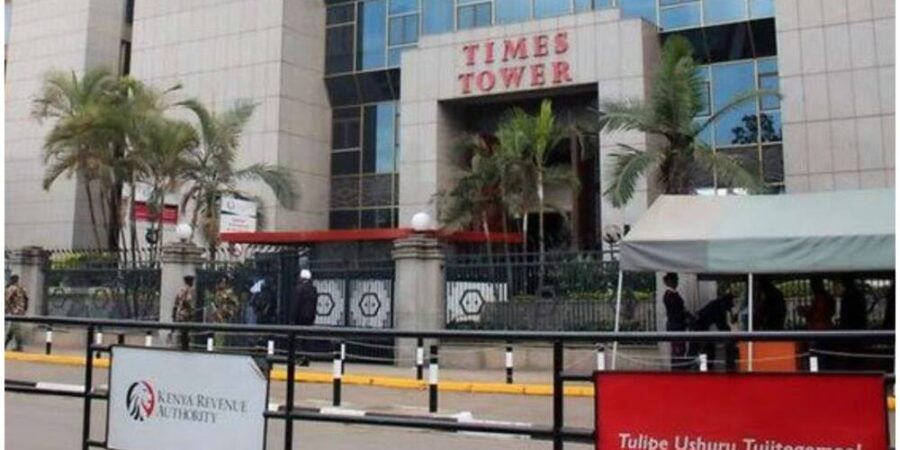KRA has created two new departments as part of its plan to increase its tax net and target small traders who have always been outside the tax net. This is expected to boost tax compliance and address the persistent revenue shortfalls.
New Departments to Strengthen Tax Collection
KRA Commissioner-General Humphrey Wattanga has established a stand-alone Micro and Small Taxpayers Department, a department that will handle tax matters for small traders and businesses. This is in line with KRA’s four-year plan to register at least 4 million new taxpayers by June 2029.
Also, KRA has created the Business Strategy, Technology, and Enterprise Modernisation Department. This department will use advanced technology including Artificial Intelligence (AI), Machine Learning (ML) and Data Analytics to simplify tax processes, improve compliance and detect tax evasion.
Bridging the Gap for Small Traders
Small traders have always operated without a specific tax department within KRA. Large and medium taxpayers have designated offices handling their tax affairs while small traders had to use the Large Taxpayers Office (LTO), Medium Taxpayers Office (MTO) and Public Sector Division (PSD). But in a structural overhaul, these offices have been consolidated into the Large and Medium Taxpayers Department and the new Micro and Small Taxpayers Department will exclusively cater for MSMEs.
This is in line with recommendations by the MSME Tax Base Expansion Taskforce formed in 2023 under President William Ruto’s administration. The taskforce was to find solutions for integrating informal businesses into the tax system.
Technology as a Game-Changer
Mr. Wattanga said: “The adoption of modern technology is going to be a game-changer for KRA. We will use AI, ML and Data Analytics to deliver market-customized solutions.”
According to KRA, these technologies will modernize tax compliance processes, improve customer experience, detect revenue loopholes and overall tax system integrity.
Challenges Ahead for Small Businesses
While a dedicated department for small traders will improve tax administration, compliance challenges remain. MSMEs operate in an unregulated environment and tax collection is tough. Some small business owners also fear that new tax rules will add to their burden.
KRA has identified small traders, landlords and high net worth individuals as some of the most difficult to tax despite their capacity to contribute significantly to national revenue.
Effects of New Anti-Money Laundering Rules
Kenyan banks have started implementing tougher anti-money laundering rules. Micro, small and medium enterprises (MSMEs) are now required to provide detailed information about their beneficial owners including names, physical addresses, tax PINs, source of income and occupation details.
Also, registered MSMEs will be required to submit financial records and audited accounts or income and expense details using bank provided templates. Failure to comply will attract heavy penalties including fines of KSh 500,000and additional daily penalty of KSh 50,000 for each day since the new rules took effect on November 24, 2023.
The Kenya Bankers Association (KBA) has clarified that these requirements only apply to registered businesses. However, small business owners are worried that these disclosures will expose them to additional taxes.
Revenue Collection Performance
Despite its efforts to widen the tax base, KRA is struggling to meet its targets. In the first six months of the 2023/2024 financial year, KRA collected KSh 1.37 trillion, shy of its target by KSh 62.8 billion.
- Value Added Tax (VAT) was a major culprit, collecting KSh 304.08 billion, missing the target by KSh 36.51 billion.
- Pay-As-You-Earn (PAYE) revenue also underperformed, collecting KSh 275.9 billion, missing the target by KSh 21.33 billion.
The creation of the Micro and Small Taxpayers Department and the Business Strategy, Technology and Enterprise Modernisation Department is part of KRA’s plan to reverse this trend and improve tax compliance across all sectors.
Conclusion
KRA’s decision to create a dedicated tax department for MSMEs is a game changer in Kenya’s tax landscape. By focusing on small traders and leveraging technology, the Authority wants to increase the tax base while making compliance easier. But balancing enforcement with business friendly tax policies will be key to not overwhelming small businesses.So keep watching!


Leave a Reply